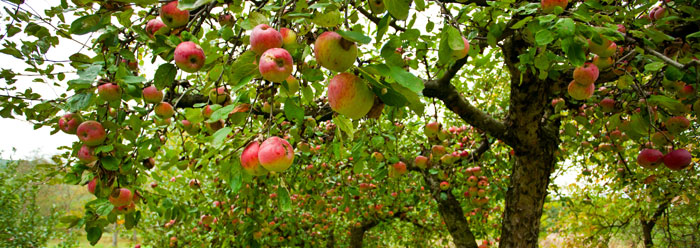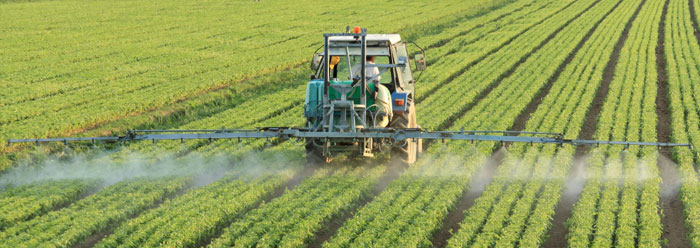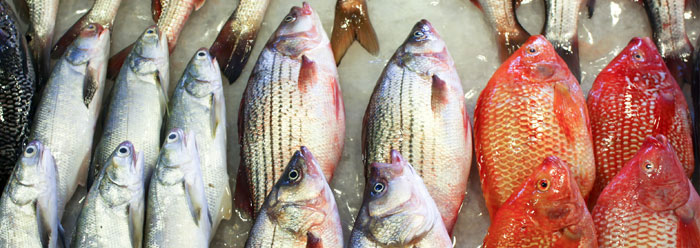|
|
| Fishery Products |
|
Healthy Sea Food Cold water, deep-sea fish are particularly high in omega-3 fatty acids that help protect against many diseases such as cancer, arthritis, high blood pressure, strokes and heart disease. Seafood contains a specific type of oil that is made up of long chains of molecules called omega-3 fatty acids. Omega-3s help suppress the activity of prostaglandins and leukotrienes which can activate various diseases, including blood clots and joint inflammation. Omega-3s also help protect the immune system. Not only is fish oil an anti-inflammatory agent, it also helps to protect the heart against arrhythmias (irregular heart beats). Arrhythmias are recognised as one of the most common triggers of heart attacks. Fish food nutritional significance in diet Fish provides a good source of high quality protein and contains many vitamins and minerals. It may be classed as either white, oily or shellfish. White fish, such as haddock and seer, contain very little fat (usually less than 1%) whereas oily fish, such as sardines, contain between 10-25%. The latter, as a result of its high fat content, contain a range of fat-soluble vitamins (A, D, E and K) and essential fatty acids, all of which are vital for the healthy functioning of the body. The table opposite illustrates some of the main nutritional differences between oily and white fish. |
| Go Back |















